More than ever, cheating and academic integrity are a concern for educators and students alike. To shed light on the subject, YouthInsight conducted a study with University students in Australia and New Zealand to delve into their perceptions and awareness of cheating.
Here is a round-up of the key insights from Chapter 3: Students’ Perceptions of Cheating as part of Studiosity’s annual Student Wellbeing Survey.
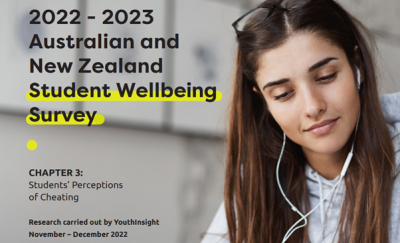
KEY INSIGHTS
- Awareness of other students cheating is on a downward trend, dropping from a high of 30% in 2020 to a low of 15% in 2022
- Reported cheating awareness was highest for Medicine (25%) and lowest for Languages (13%)
- Student comments shed light on cheating-related issues, including confusion about what constitutes cheating, use of online study assist Web sites, impact of open book exams, and evaluation methods introduced during the Covid-19 pandemic
ChatGPT, Bing AI, Google’s BERT, LaMDA, and LLaMA – AI large language models (LLMs) have seemingly become omnipresent. According to IBM’s Global AI Adoption Index 2022, 35% of IT companies are already using AI, while 42% of are exploring its implementation. Social media is awash with AI prompt-guides, user-guides, top tools lists, and posts about new generative AI tools launching every single day.
In 2021, the Pew Research Center reported that educational structures were already lagging behind in trying to prepare students for a world of AI and algorithms. So, what are Universities to do?
2023 was an academic year that began with the risk of AI to education. Since ChatGPT’s November 2022 launch by OpenAI – gaining one million users in just five days – academia reacted following reports that it passed medical and MBA exams, and worries about potential student cheating.
The 2023 Universities Accord discussion paper writes that “generative AI software presents a range of complex challenges for academic integrity in higher education”, and within the Australian higher education sector, the reaction from some universities includes: updating academic integrity policies and examination procedures in response to AI and LLMs; returning to ‘pen and paper’ assessments; and considering implementation of AI detection software.
What do students say about cheating?
In our recent research with university students in Australia and New Zealand*, we found that awareness of other students cheating is trending down from a high of 30% in 2020, to 24% in 2021, and now to a low of 15% in 2022.
To tackle the challenge of cheating as a self-reported topic, our research with Studiosity focused on self-reported awareness rather than own behaviour.
The results of this study show that awareness of cheating is higher with younger students aged 18 to 19. From the data, it remains unclear if this reflects a reduction in cheating as students progress through their studies, or if older students are less likely to discuss cheating overall.
Reflecting the higher awareness in students aged 18-19, awareness of others cheating is also more prevalent for full-time (20%) versus part-time (10%) students. When it comes to study disciplines, reported cheating awareness was highest for Medicine (25%) and lowest for Languages (13%).
Student comments shed light on cheating-related issues, including understanding exactly what constitutes cheating, use of online study assist Web sites, impact of open book exams, anti-cheating technology, as well as changes to evaluation and examination methods due to the impact of COVID-19.
Other students noted that closed-book exams were at-odds with real life and work, where “you aren’t set to do tasks with nothing but your brain to assist you. You have access to research and peers to help with your work tasks.”
On academic integrity and asking for help
For students, their lecturers or other university staff are the number 1 source of information for academic integrity (50%), ahead of the orientation process (19%) and student services (16%).
Overall, 92% of students agree that they feel confident that they can avoid plagiarism or unintentional cheating. However, there were some differences based on demographic factors such as age and cultural and linguistic diversity. While a total of 75% of students feel confident that they can approach their university about getting help with assessments, Culturally and Linguistically Diverse (CALD) students had lower confidence than non-CALD students, 69% versus 77%. Likewise, younger students aged 18 to 23 had lower confidence than those 24 and over (71% vs. 80%).

What students are saying about cheating**
Most students reported that they’ve seen content on academic integrity and how to avoid plagiarism, with many also being aware of the consequences of cheating and where to get referencing help. However, when it comes to improving referencing skills, students reported less engagement with scheduled workshops, with only 44% reporting that these are available at their university. The results show that women and those aged 18 to 23 are significantly more likely to be aware of these topics than men and those aged 24 or older.
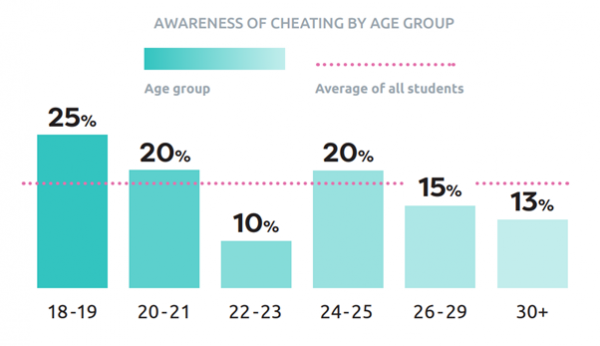
KEY TAKEAWAYS
Future research is needed to determine if there are connections between cheating reduction and possible changes in perception and understanding of integrity – this is vital as AI and LLM accessibility and use expand, and concerns not only students’ perception, but perceptions overall.
With technology changing at a rapid pace, universities must adapt to keep pace. It is more important than ever for universities to partner with their students to:
- Develop robust teaching, learning and examination practices;
- Review how we assess and examine students and their work; and
- Understand the ethics, accuracy, usage and transparency of new tech, including AI.
*The survey ran from 14th November to 6th December 2022 and gained a total of 1,137 responses, of which 995 were in Australia, while 142 were in New Zealand. All Australian public universities were represented in the Australian sample. In New Zealand, all universities were represented.
**Data charts sourced from Chapter 3: ‘Students’ Perceptions of Cheating’ report.
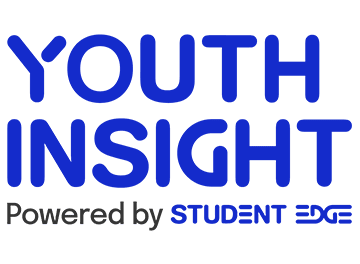



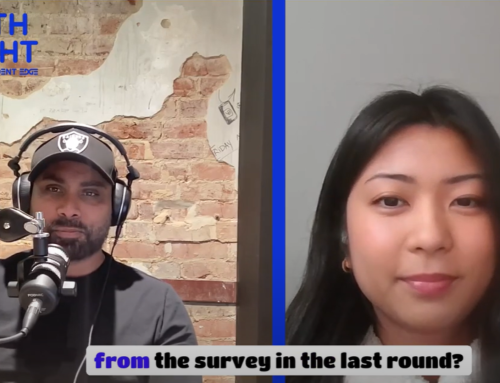


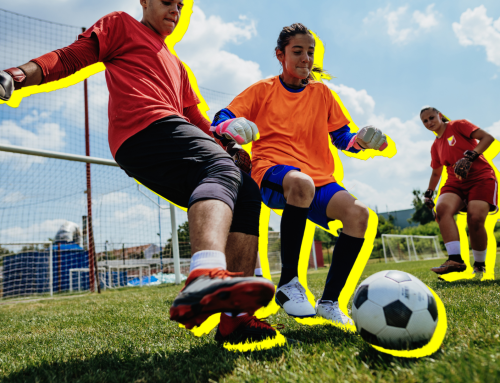

Leave A Comment